Ági Szirtes
Birth : 1955-09-21, Budapest, Hungary

A cardiologist is sent into retirement, but he feels at loss without his work. He returns to his home village to work as a general practitioner. This is the start of his ordeal: he's confronted with raw reality, which finally brings him to his knees. But music has the last word.
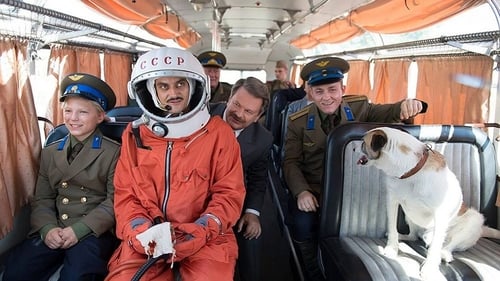
In 1957 the Soviet Union decides to give Hungary the chance to choose the world's first cosmonaut, who can be the very first person in space. It seems like the best candidate is Lajkó, the gypsy spraying pilot.
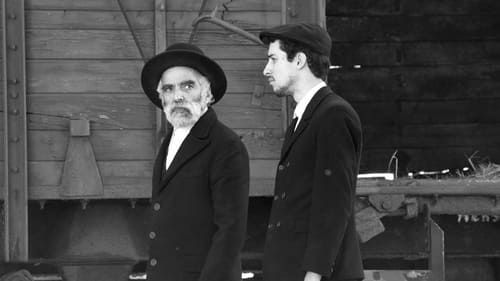
Mrs. Kustár
An unsettling feeling overwhelms a small Hungarian town when two orthodox Jews arrive with a mysterious trunk. As residents begin to speculate on the purpose of the visit of these two strangers, order starts to crumble in town with some pursuing devious plans and others finding remorse in their hearts.
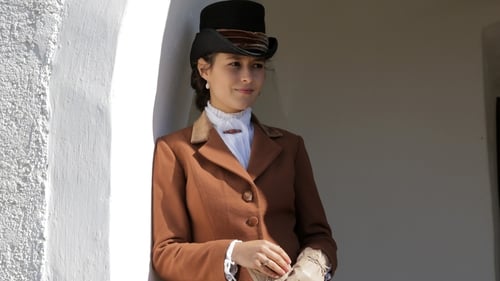
Zsuzsi
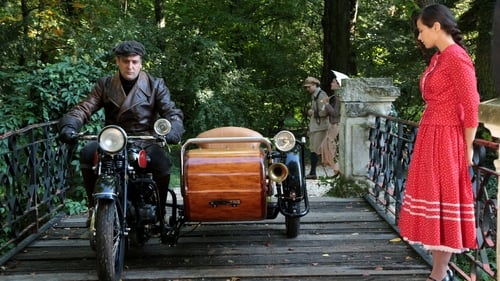
Panka néni
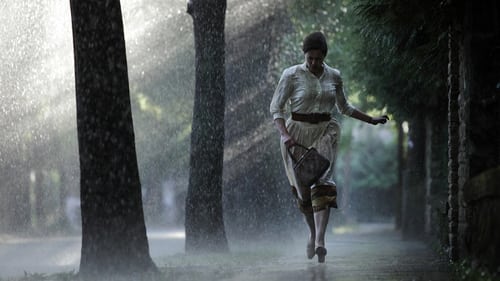
Polett
This is a story of a special relationship between two women, a writer and her maid.

Panni anyja

Karcsi, a Roma policeman, lives with Eva, a Swede. One day he is called to the scene of the murder of a wealthy trafficker named Schulter. He begins to investigate the crime, interrogate neighbours and suspects, and untangle a complex situation - one that he, himself, complicates even further. For he is a gypsy, who despite being adopted and raised by "regular" Hungarians, has his nose rubbed in his minority status every day. The film, which is based on the novel by Ákos Kertész, is a shrewd genre work full of dusky humour and surreal situations. Tabló follows a vivid succession of strange images that eventually lead to the emergence of the central story about a charismatic police officer on a tireless quest for the truth, though he must fight against virtually everyone and is just as fallible as the next person. Tabló makes a statement on the issue of race and racism - or, indeed, relations between any minority and majority.

Eszter - András felesége
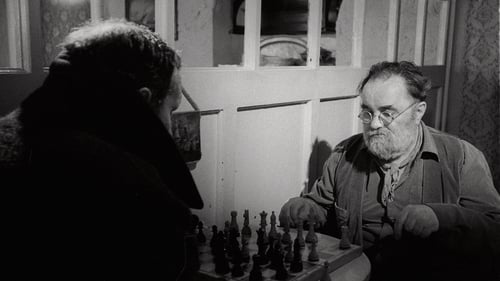
Mrs. Brown
A switchman at a seaside railway witnesses a murder but does not report it after he finds a suitcase full of money at the scene of the crime.

Ilonka
The film shows the times directly before and after the revolution of 1956 in a Rosehill villa and its garden, guarded by the state security, from the perspective of a powerful party functionary’s children living there. The children witness a lot of things they do not understand, mysterious things, which they interpret in their own way.

Detective Sebők is shot at by a fleeing criminal and then pushed off the road. Sebők breaks his leg. Left by his wife, pensioned by his boss on the basis of false reports, he has a clash with banker Gömöri at the colonel’s party.

Voice
Divided into four sections, "Song" is inspired by the Siberian and Finno-Ugric legends about Creation, in which the world begins with characters who are only half-human, one being half-bird, the other half-bear. The narrator delves into the origins of Hungarian culture, the Iranian and Turkish influences that impacted the society, and finally the story of Stephen, the emperor who brought Christianity to the country and shifted the capital west in an attempt to link with Europe.

Jucika
The film takes place in a present-day small Hungarian village in the middle of nowhere. Strangers hardly ever come to this place, everything outside of it seems to be in another world for the inhabitants. But one day everything changes, when a stranger from Budapest enters the pub. He is on his way to a vacation in Portugal and wants to spend some days in this village. He soon starts a love affair with the pub owner's daughter. The ex-policeman of the village doesn't like this at all...

Anya
Bruno, a bisexual but closeted young man lives in rural Hungary with his girlfriend Mari. Also on the scene is her homosexual brother Ringo. Mari doesn't know that when the boys go off to work together in the city they raise cash by turning tricks and burglarizing houses.
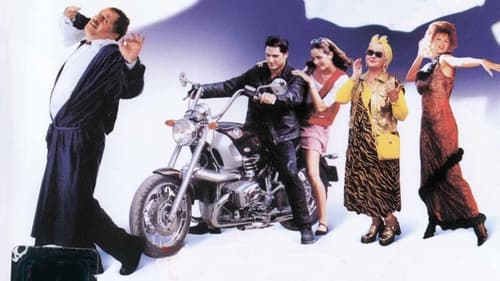
Julcsa
Mr. Schneider became wealthy after the end of the communism, but still remained a simple man. Her wife although wants a lackey.
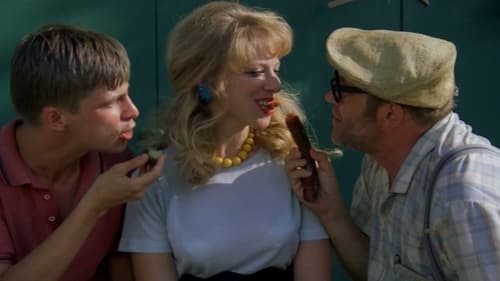
Irma
This story has a horse-race fan main character who sells clothes-hangers On one trip, a young, teenager boy relative goes with him. They have a lot of adventures as they become friends. Girls, dance and horse-racing are the themes while they sell the clothes-hangers this summer...

Gizi
It is 1989, the year of the demise of socialism in eastern Europe. Nevertheless, the one theme of Junk Movie does not refer to this historical moment of high ideals, quite the contrary, the wild, burlesque of a motif-mozaic seems merely to stick it’s tongue out at the arrogant players of politics who have their heads stuck in the clouds. The film rudely points out the mystery and unapproachability surrounding the every-day existence of politics. The scene is a greasy, falling-down block of a pub called the Gólya and its immediate surroundings.

Kopáné, Marika (as Szirtes Ágnes)
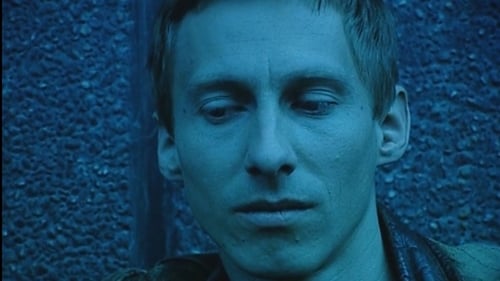
Géza's Wife
The sad tale of a proletarian malcontent ensconced in a monstrously depressing housing project who—even less effectually than the heroes of Bald-Dog Rock—attempts to change his life. Purchasing a power drill and slinging it across his shoulder like the anti-hero of a spaghetti western, he turns entrepreneur, boring holes in his neighbors’ walls so that they can hang mirrors or pictures.

(voice)

Pólika
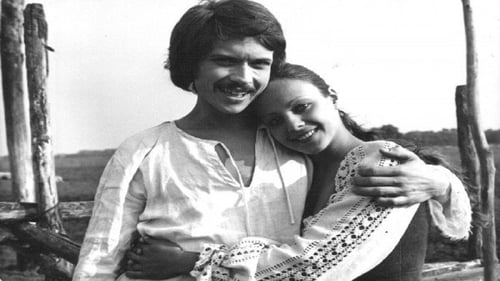
Anyica

Cselédlány
A brothel in a small Hungarian town becomes the home of a medical student after his favorite working girls find out he's out of rent money. Trouble brews as they learn his mother is coming for a visit and they must transform the house.

Aisa
In 1585 the Turks and Vallons are looting the Látrány region.













